Rewriting the North: Manchester, Fiction & Rewriting the Past
Event review by Nicole Peeters
When George Orwell visited the North of England in the 1930s, he believed he had entered ‘a strange country’ - one that was industrial, impoverished and bleak in opposition to his civilised, familiar South. Part of his opinion was informed by real differences, but he acknowledges an even bigger part was the result of a North-South antithesis ‘which has been rubbed into us for such a long time past’, as he relates in The Road to Wigan Pier. And still, our collective memory of the North is informed by stereotypes that have circulated since the Industrial Age, often constructed from outside. With that, Northernness has often involved a sense of Otherness and marginalisation.
Yet there is a tendency in more current writing about the North to reclaim a sense of Northern identity from a Southern core, and to uncover hidden histories. Livi Michael and Rosie Garland, speakers at the second event of the Portico’s Rewriting the North series, both deploy historical fiction as a means to challenge existing narratives about the North and to amplify voices of those previously silenced.
Rosie Garland and Livi Michael at The Portico Library
Livi Michael is perhaps best known for her young adult novel The Whispering Road, a story inspired by the deaths of workhouse children in 19th-century Manchester. Her current project is a half-factual, half-fictionalised novel about writer Elizabeth Gaskell that is similarly concerned with the living conditions of the poor, particularly working-class women. In the excerpt Michael reads from the novel, Gaskell visits a young girl named Pasley in prison, who had ended up on the streets after being orphaned and abused. Gaskell comments that the girl’s story was distressing, ‘not because it was unusually tragic, but because it was tragically common.’ The Manchester she observes through the prison window is desolate, with the land ‘so affected by the corrupt waters of the Irwell … that nothing would grow anymore apart from rhubarb’. As Michael finishes reading, her Manchester does indeed feel like a ‘strange country’, a land heavily impoverished and grim. Yet through telling the stories of girls like Pasley, the characters are made human. Michael states that her novels are an ode to the ordinary people of Manchester who experienced atrocities yet managed to survive, their stories never previously recorded.
Rosie Garland — writer, poet and performance artist — adds that writing historical fiction is like reaching through a curtain and taking the hand of another person, giving them the agency to speak. Her latest novel The Night Brother similarly aims to tell the stories of people marginalised by class, gender and sexuality. Set against the backdrop of an emerging suffragette movement — another much-forgotten narrative about Manchester — the story follows Edie and her ‘night brother’ Gnome. The novel shifts between their two unique perspectives, between day and night, and introduces us to characters from Manchester’s gritty pubs, its suffragette movement and the underground gay scene. In the first snippet Garlands reads from the book, Edie seems to reassert herself and her sense of belonging to Manchester: ‘I revel in each grimy brick, each carved pediment, each Gothic furbelow. I care not one jot that my innards are tarnished as black as the walls that rise around me. These streets are mine and I love them with a jealous passion.’ As if reborn, Edie is reclaiming a sense of identity, celebrating her own uniqueness, and connection to the streets and ‘grimy bricks’ of Manchester.
One question that springs to mind in the discussions that follow is why so many Northern writers use historical fiction as their genre of choice in speaking about the North. Michael and Garland both agree that the past can function as a mirror in which to see the present. There are links between Manchester’s past and current poverty, and the historical novel allows writers to covertly address difficult topics like this. Garland also adds that whereas some see historical fiction as an oxymoron, neither historical nor fiction, she personally likes the tension between facts and imagination. Taking a step back in time allows her to write more honestly and freely, and rewrite known narratives from new and different angles. In relation to the North, one may wonder whether the desire to do so stems from a need to reassert itself in opposition to a prevailing discourse about the region and its people.
The night concludes with a discussion between the writers and the audience about Manchester’s pride and legacy. Most of the people feel proud to live in a city that has achieved so much, from the Industrial Revolution to the birth of the communist and suffragette movement. Yet opinions differed on whether the city is humble in the celebration of its legacy. Whereas some praised Manchester for not enshrining itself, for constantly rebuilding and reinventing itself, there is certainly a trend noticeable where Manchester is putting renewed focus on its past and its achievements, perhaps as a result of trying to pitch itself against London. Whether Northernness is indeed constructed through alterity or not, as Michael and Garland prove in their writing, Manchester is certainly trying its hardest to embrace and celebrate its (real or imagined) unique identity, allowing for a new discourse about the region in which a multitude of voices are heard.
Nicole Peeters is a Portico Library volunteer.

